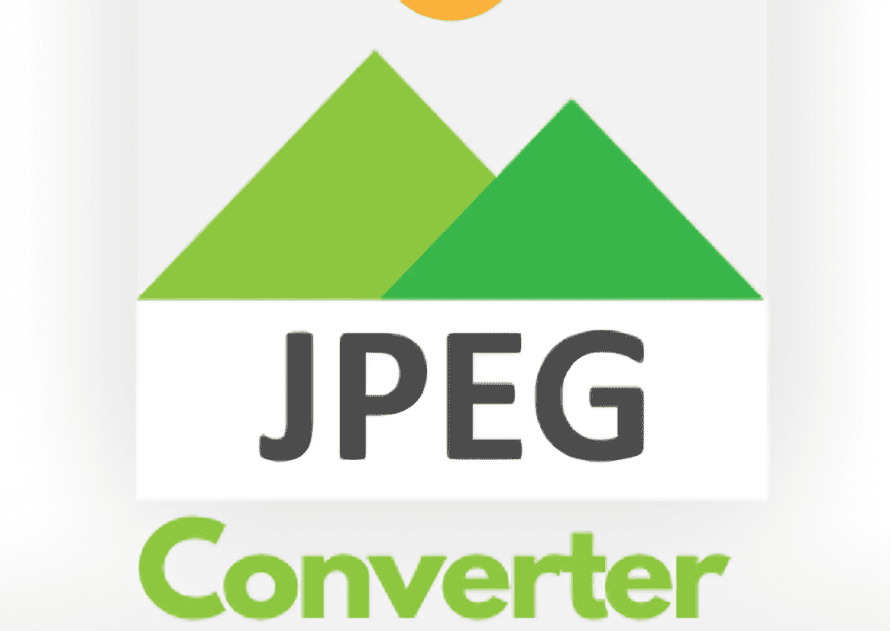How to Convert Images To JPEG
Optimizing images for web use is crucial for enhancing user experience and website performance. With our Convert Images To JPEG tool, we're simplifying the image conversion process and empowering users to achieve stunning results effortlessly.
- Step 1: Upload Image
- Select the image(s) you wish to convert using the select image.
- Step 2: Choose Format
- Optionally, select the desired output format (e.g., JPEG) from the available options.
- Step 3: Adjust Settings
- Customize image resolution settings to achieve your desired image quality and file size.
- Step 4: Initiate Conversion
- Click the "Convert" button to begin the conversion process.
- Step 5: Download Image
- Once the conversion is complete, download the converted JPEG image(s) to your device for immediate use.
Benefits
- 01. Improved Website Performance
- Improved Website Performance: JPEG format is optimized for web use, resulting in faster page load times and enhanced user experience.
- 02. Space Efficiency
- Reduce file sizes without compromising on image quality, freeing up valuable storage space.
- 03. Lossless and Lossy Compression
- : JPEG supports both lossless and lossy compression, allowing users to choose between preserving every detail (lossless) or sacrificing minimal quality for further file size reduction (lossy).
- 04. Versatility
- Convert images for use across various digital platforms, including websites, social media, and email campaigns, with ease.
- 05. Enhanced Visual Appeal
- Achieve crisp, vibrant images that capture the attention of your audience and leave a lasting impression.
- 06. Seamless Conversion
- Effortlessly convert images from various formats to highquality JPEG files with just a few clicks.
- 06. Intuitive Interface
- Our userfriendly interface makes navigating the conversion process a breeze, even for beginners.
Tips for Optimization
- Optimize Image Quality
- Experiment with compression settings to find the optimal balance between image quality and file size.
- Consider Image Resolution
- Take into account the resolution and dimensions of the original image to ensure optimal output.
- Test Different Settings
- Don't be afraid to explore different compression options to find the perfect fit for your specific needs and preferences.
- Royalty-Free Images
- These images can be purchased for a one-time fee and used multiple times without additional costs.
- Users have the flexibility to use royalty-free images for various projects without worrying about recurring fees or royalties.
- Free and Paid Image Sources
- Platforms such as Shutterstock, Adobe Stock, and Getty Images offer a vast selection of high-quality royalty-free and rights-managed images for purchase.
- Websites like Flickr, Unsplash, and Pixabay provide free-to-use images under various Creative Commons licenses.
- Platforms like Etsy and Creative Market offer digital assets, including royalty-free images, illustrations, and graphics, for purchase from independent creators.
- Understanding Copyright Laws
- Copyright laws protect original works of authorship, including photographs and digital images, upon creation. This protection grants creators exclusive rights to reproduce, distribute, and display their work.
- Types of Image Licenses
- Offers various licenses allowing creators to share their work with varying degrees of flexibility. Common CC licenses include CC BY (Attribution), CC BY-SA (Attribution-ShareAlike), and CC0 (Public Domain Dedication).
- Provides specific usage rights based on factors such as duration, geographic region, and exclusivity. Users must adhere to the terms specified in the license agreement.
- Importance of Licensing
- Obtaining proper licenses for JPEG images ensures legal and ethical use, minimizing the risk of copyright infringement and associated penalties.
- Proper licensing supports creators and photographers by acknowledging their intellectual property rights and enabling fair compensation for their work.
- Creative Commons Licenses
- CC BY (Attribution): Allows users to distribute, remix, adapt, and build upon the work, even commercially, as long as proper attribution is provided to the original creator.
- CC BY-SA (Attribution-ShareAlike): Similar to CC BY but requires derivative works to be licensed under the same terms.
- CC0 (Public Domain Dedication): Allows creators to waive all their copyright and related rights, placing their work in the public domain.
- Rights-Managed Licenses
- Rights-managed licenses provide specific usage rights tailored to the needs of the licensee.
- Factors such as duration, geographic region, and exclusivity determine the terms and pricing of rights-managed licenses.
- Best Practices for Image Licensing
- Conduct thorough research to understand license terms and restrictions before using JPEG images.
- Read and adhere to license agreements, ensuring compliance with usage rights and attribution requirements.
- Obtain appropriate permissions and releases for images depicting identifiable individuals, trademarks, or copyrighted materials.
Frequently Asked Questions
Can I convert images of any file format to JPEG using this tool?
Our tool supports the conversion of various image formats to JPEG, including WEBP, PNG, GIF, BMP, and more. Simply upload your image, and our tool will handle the conversion process seamlessly.
Are there any restrictions on the file size of images I can upload for conversion?
While there are no strict limitations on file size, larger images may take longer to process. For optimal performance, we recommend optimizing your images for web use and avoiding excessively large files.
Can I access the Convert Images To JPEG tool on mobile devices?
Yes, our tool is fully responsive and can be accessed on all major browsers and devices, including smartphones and tablets. Enjoy the convenience of image conversion on the go!
Is there a limit to the number of images I can convert in a single session?
There are no limitations on the number of images you can convert in a single session. Whether you need to convert one image or a hundred, our tool is equipped to handle your conversion needs efficiently.
How can I ensure the best results when converting images to JPEG format?
To achieve optimal results, we recommend paying attention to image resolution, compression settings, and overall image quality. Experiment with different settings to find the perfect balance for your specific requirements.
